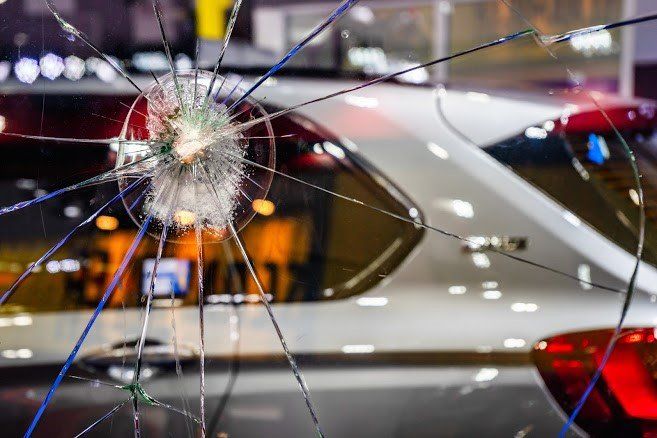Role of Investigations in Auto Accident Claims
Admin • January 5, 2021

When you file an auto accident claim, expect the defendant (through their insurance company) to investigate the case. You should also investigate the accident to strengthen your claim. Below are some of the issues each party may target with their investigations.
Your Investigations
Below are some of the things you might gain by investigating the accident.
Unexpected Liabilities
In a two-car accident, never assume that the other driver is automatically liable. Otherwise, you might waste time pursuing damages against the wrong party. Instead, you should investigate the accident to identify the liable party. For example, other liable parties might include:
- The driver's employer
- The driver's parent
- The person who served the driver alcohol
- The car's manufacturer
Sources of Compensation
Auto insurance coverage is usually the default source of compensation, but it is not the only one. Don't assume that you can't recover anything from the defendant if they don't have insurance coverage. For example, the court can help you garnish the defendant's wages or seize their assets. You can only know whether the defendant has such assets via investigation.
Flaws in the Defendant's Claims
Lastly, investigations can also help you poke holes into the defendant's counterclaims. Say you have filed an auto accident claim and the other driver claims that:
- You were not entirely in your lane
- You were following them too closely
- Nature, rather than their negligence, caused the accident
The court won't just take your word for it when you hold the other driver liable for your losses. An investigation can help you unearth evidence, such as weather reports on the day of the accident or surveillance video of the crash, to dispel the other driver's claims.
The Defendant's Investigations
The defendant's auto insurance carrier will handle the investigations. Below are some of the targets they may have for their investigations.
Pre-Existing Injuries
The defendant should only compensate you for the damages their negligent actions caused you. Therefore, expect the insurance company to investigate your medical history and look for past injuries. If they succeed, they might use your pre-existing injuries to reduce your damages.
Your Contribution to Your Damages
The insurance company might also want to prove that their client is not entirely liable for your damages. For example, they might claim that:
- You did not seek immediate medical care
- You returned to work too soon
- You didn't follow your doctor's orders
- You were drinking and driving
The insurer can only back up such claims if their investigations unearth relevant evidence.
The Severity of Your Injuries
The auto insurance investigators might also follow you around to determine the severity of your injuries firsthand. Say you have claimed damages for back pain, but the insurance company catches you carrying heavy boxes. The insurer might use that to claim that your back injury is not as severe as you claim.
Possibility of Fraud
Lastly, the insurance company will also investigate the accident itself to look for fraud. Fraudulent auto accident claims come in multiple variations. For example, some people:
- Stage auto accidents
- Lie on who was behind the wheel at the time of the crash
- Exaggerate repair costs on their claims
The more your claim looks suspicious, for example, if you don't have hard evidence, the more the insurance company will suspect fraud.
Borbi, Clancy & Patrizi can help you investigate and prove your accident. We can also help you with how to survive the auto insurer's investigations to avoid weakening your claim. Contact us for a free initial consultation so that we can begin the investigations and claim process as soon as possible.
